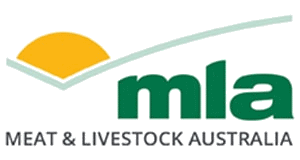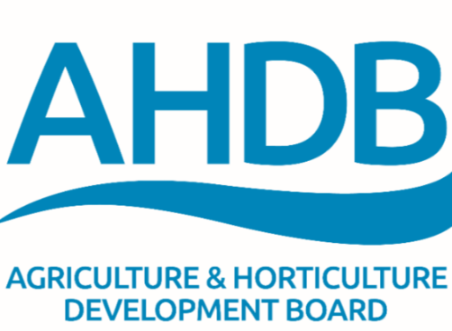The Association of Independent Meat Suppliers (AIMS) has strongly opposed recent comments made by Professor Susan Jebb, Chair of the Food Standards Agency (FSA), regarding the UK’s meat inspection charging system.
AIMS argues that Professor Jebb’s characterisation of the existing discount system as a “subsidy” is both misleading and harmful to the UK meat industry.
During last week’s FSA Board meeting, Professor Jebb suggested that the discount system for meat inspection charges effectively subsidises the UK meat sector. However, Dr Jason Aldiss, Head of External Affairs at AIMS, dismissed this claim, stating: “It is our view that Professor Jebb’s portrayal of the discount system as a subsidy demonstrates a profound misunderstanding of the regulatory framework.”
Meat Industry Costs and Trade Barriers
Dr Aldiss explained that the current discounts are essential to offset what he described as “excessively bureaucratic and duplicative” charges that impose “exorbitant costs” on meat businesses. “The current FSA charges to the UK meat sector are among the highest in the world and, in effect, act as a state-sponsored trade barrier. This places domestic producers at a significant disadvantage in international markets,” he added.
AIMS is advocating for a switch to a headage-based charging system, which would align with global standards. Dr Aldiss believes this alternative would provide a fairer and more transparent way of calculating inspection costs, better reflecting the scale of operations and supporting competitiveness and sustainability within the UK meat industry.
Meat Inspections and Food Safety
Professor Jebb’s assertion that meat inspections are a “vital consumer protective function” has also been challenged. Dr Aldiss pointed to the European Food Safety Authority (EFSA), which has questioned the effectiveness of traditional meat inspection methods. According to EFSA, some current practices may fail to detect modern biological hazards and could even compromise food safety. “This raises critical questions about the allocation of resources and the necessity of current inspection protocols,” said Dr Aldiss.
Economic Impact on Small and Medium-Sized Enterprises
AIMS also rebuffed claims that meat inspection fees constitute only a minor cost to slaughterhouses. While these charges may seem small in relation to total turnover, Dr Aldiss emphasised their significant impact on net margins, particularly for small and medium-sized enterprises. “The financial burden of these fees threatens the viability of numerous businesses, undermining the broader agricultural economy,” he stated.
Call for Public Funding of Meat Inspections
AIMS further argued that if meat inspections are truly essential for public health, they should be publicly funded rather than financed through charges imposed on the industry. “If meat inspections are deemed a vital consumer protection measure — a position increasingly at odds with the evidence — it stands to reason that their funding should come from public taxation. This would ensure public health objectives are achieved without compromising the economic stability of the meat sector,” Dr Aldiss concluded.
The debate over meat inspection charges highlights ongoing tensions between regulatory authorities and industry stakeholders. AIMS is calling for urgent reforms to create a fairer, more sustainable system for UK meat producers, ensuring competitiveness in global markets while maintaining food safety standards.

